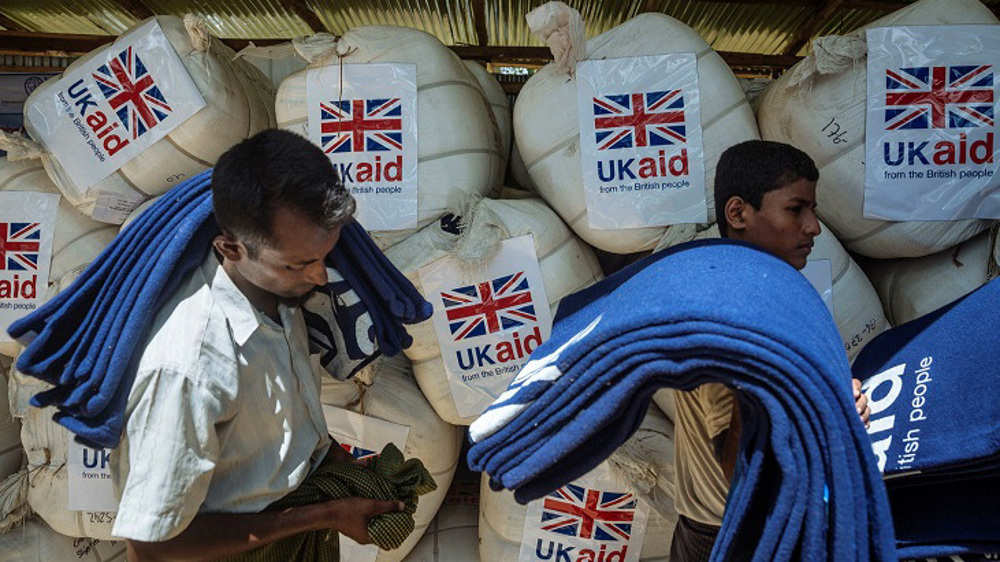Boris Johnson avoids Tory rebellion over UK aid cutback
Prime Minister, Boris Johnson, has narrowly avoided a rebellion by a group of vocal Tory MPs over deep cuts to the UK’s foreign aid budget.
Thirty Conservative MPs, some of them very senior, had lent support to a rebellion against the £4 billion reduction to UK aid with a view to forcing a vote in the House of Commons.
The rebels include former Tory Prime Minister, Theresa May, and four former cabinet ministers.
The rebels’ plan was thwarted by Commons Speaker, Sir Lindsay Hoyle, who ruled that the proposed amendment, put forward by Tory former minister Andrew Mitchell, was “not in scope” of the Advanced Research and Innovation Agency Bill.
Mitchell’s proposed amendment revolved around forcing the government to commit to reinstating the original UK aid budget which used to amount to 0.7 percent of gross national income.
Last November, the Chancellor of the Exchequer, Rishi Sunak, reduced the UK’s overseas aid budget to just 0.5 percent of gross national income.
According to parliamentary procedure, the Speaker of the House decides whether to select amendments and allow votes on them based on the advice of his clerks.
Despite ruling against the rebels on this occasion, Hoyle was insistent that ministers should give the House of Commons “the respect it deserves” and find a way to allow MPs – including rebellious ones – an “effective decision” on the issue.
This effectively means that the parliamentary rebellion over the reduction of the UK Aid budget has been merely delayed on a legal technicality.
Nevertheless, rebellious Tories were aghast at Hoyle’s decision not to allow debate on the proposed amendment.
For his part, Mitchell claimed the rebels would have been able to muster sufficient support across the House to “defeat” the government had the vote taken place.
Mitchell claimed that scaling back UK Aid would lead to “hundreds of thousands of avoidable deaths” in disadvantaged countries.
VIDEO | 3,000 bodies of Palestinians ‘evaporated’ as Israel used banned weapons in Gaza
Iran says political pressure cannot undermine its ‘inalienable’ enrichment right
Former Trump adviser Bannon plotted with Epstein to 'take down' Pope Francis
China warns US against ‘plotting’ on Taiwan, says it risks confrontation
VIDEO | Zionist takeover of UK police
VIDEO | Trump-Netanyahu meeting
Iran’s shortest rail route between China and Europe
'Shameful': Hamas decries Western systemic campaign against UN expert Albanese













 This makes it easy to access the Press TV website
This makes it easy to access the Press TV website